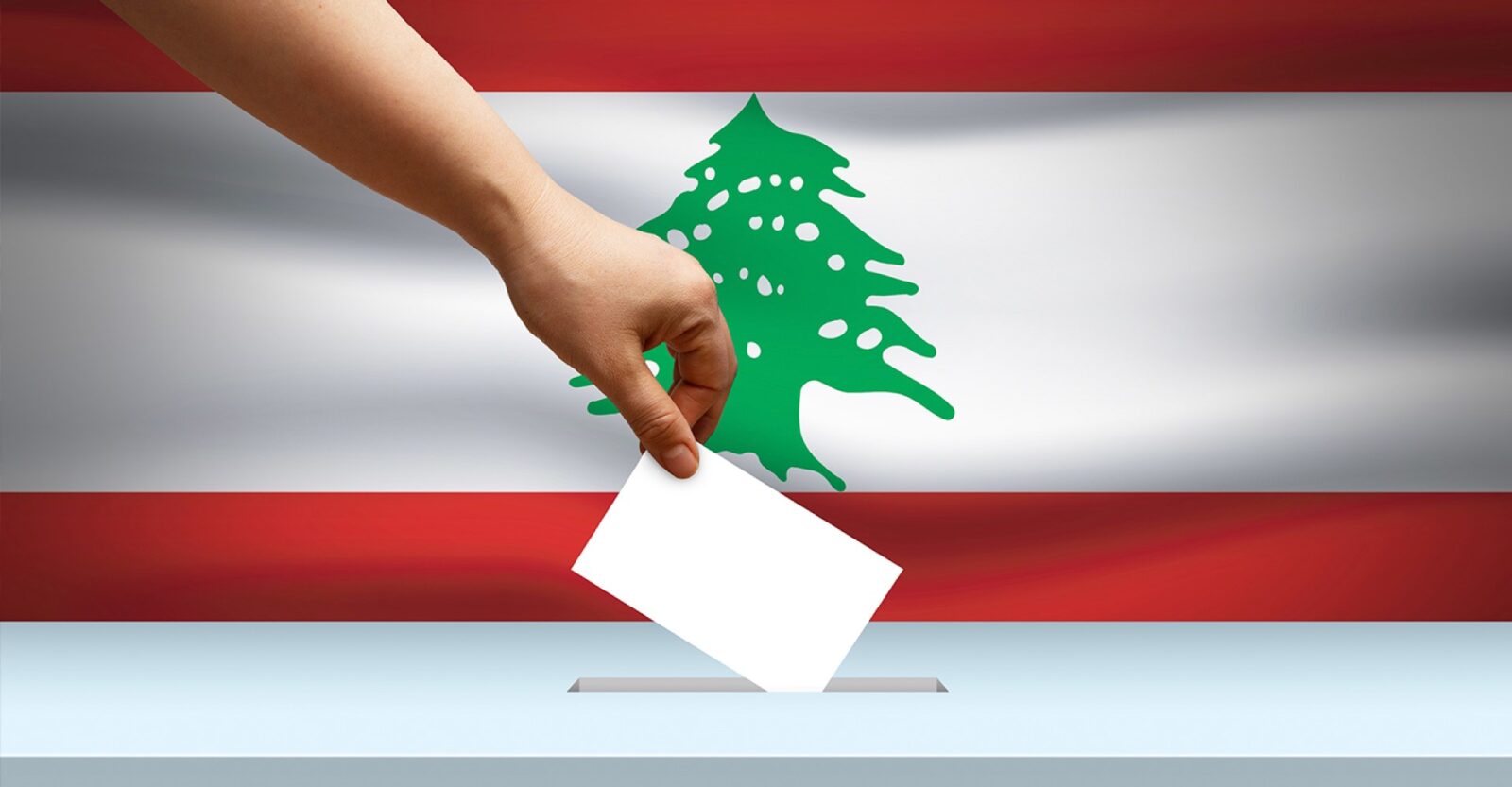Home » Lebanon to Hold First City Elections in Nine Years
Lebanon to Hold First City Elections in Nine Years

On May 4, Lebanon will hold the first phase of its municipal elections. The elections will begin in the Mount Lebanon governorate, with Lebanon’s remaining regions holding their elections over the following three weekends.
Municipal elections in Lebanon select the members of local governing councils, who provide services such as waste management or public parks administration. According to the Lebanese constitution, these elections must be held every six years. However, amidst political unrest in Lebanon, elections originally slated for 2022 have been delayed three times. As such, the current sitting council members have occupied their posts since 2016. This has led to stagnation as half of all municipal councils are no longer functioning, leaving residents with few options as local services in Lebanon continue to deteriorate.
Assuming that the elections proceed this weekend, they will be the last nationwide vote before Lebanon’s 2026 parliamentary elections. They are likely to serve as a bellwether for several key political trends: public support for President Joseph Aoun’s reform agenda, the current strength of Hezbollah’s influence, and how pro-Syrian parties are repositioning themselves following the fall of Syrian President Bashar al-Assad last year. However, threats to the electoral process remain: the government has still not appointed a supervisory commission for electoral integrity, nor has the government provided an official budget for the electoral process. Additionally, continued Israeli airstrikes against Lebanon raise the chances that entrenched Lebanese elites will again delay elections under the pretext of security concerns.
Another challenge to the elections comes from Lebanon’s sectarian political system. Since 1998, Beirut’s municipal council has been divided evenly between Christian- and Muslim-affiliated political parties. However, Saad Hariri—the former prime minister and leader of Lebanon’s largest Sunni Muslim party—recently announced that his party will not participate in Beirut’s municipal elections. This decision could upset the delicate balance between religious groups, increasing the risk that political leaders will push to postpone the elections to avoid potential unrest.
Will McChesney is a foreign affairs analyst specializing in Russia-MENA relations. A recent graduate of Georgetown University’s School of Foreign Service, his work also focuses on strategic use of economic tools such as sanctions and export controls.

